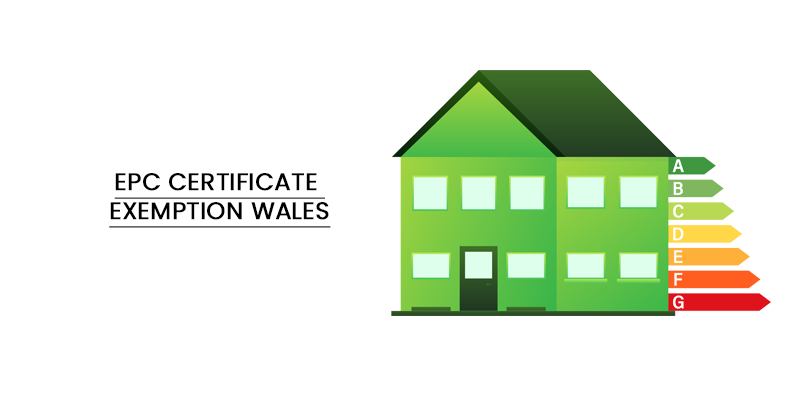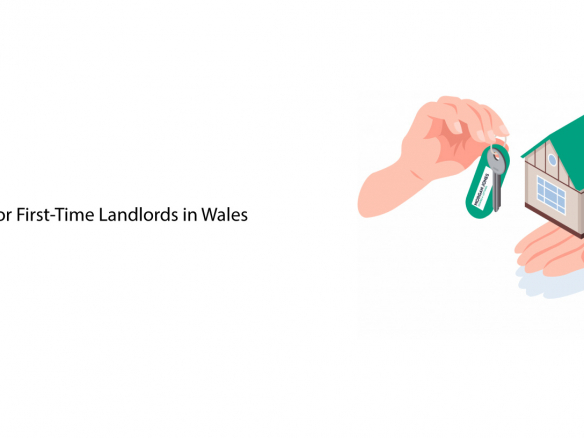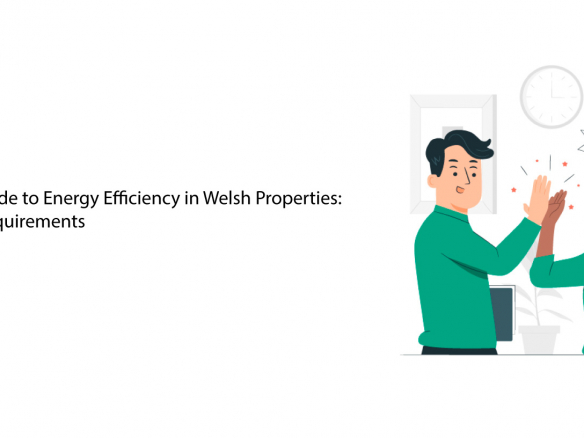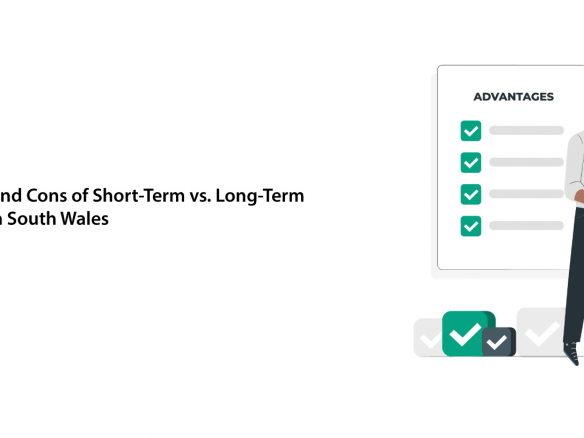If you’re a domestic landlord, you may be worried about the tighter energy efficiency requirements that are likely to come in for rented properties from December 31 2025. Dont worry though, you may be entitled to EPC Certificate Exemption.
The current state of play is that your properties must have an Energy Performance Certificate (EPC) of band E or above – but the government is currently working on passing new legislation that will raise the requirement to EPC band C or above from December 31 2025.
This will mean that many landlords will have to spend money improving the energy efficiency of their properties. At present the government has capped the amount landlords should spend at £3,500 (from 2025 the spending cap will rise to £10,000). If you have spent up to the cost cap and still not achieved the required rating, you can apply for an ‘all relevant improvements made’ exemption. This exemption lasts 5 years, after which you’ll have to try again to improve the property’s EPC rating.
There are several other ways a property can be have an EPC Certificate Exemption in Wales:
Exempt buildings include:
- Temporary buildings with a planned use period of two years or less.
- Residential buildings that are intended to be used less than four months of the year or where the owner or landlord could reasonably expect the energy consumption of the building to be less than 25% of all year-round use.
- Buildings protected as part of a designated environment or because of their special architectural or historical merit, whose character would be altered by energy improvement work.
- Stand-alone buildings with a total useful floor area of less than 50m2 (i.e. buildings entirely detached from any other building).
A building is also exempt if you can demonstrate that:
- the building is suitable for demolition.
- the resulting site is suitable for redevelopment.
- all the relevant planning permissions, listed building consents and conservation area consents exist in relation to the demolition, and
- in relation to the redevelopment, either outline planning or planning permission exists and where relevant listed building consents exist.
Other exemptions:
‘High cost’ exemption
You can register this exemption if no improvement can be made because the cost of installing even the cheapest recommended measure would exceed £3,500 (including VAT).
As with the ‘all relevant improvements made’ exemption, this exemption lasts 5 years. After that it will expire and you must try again to improve the property’s EPC rating
Wall insulation exemption
You can register this exemption if the only relevant improvements for your property are cavity wall insulation, external wall insulation or internal wall insulation (for external walls)
and you have obtained written expert advice showing that these measures would negatively impact the fabric or structure of the property (or the building of which it is part).
This EPC Certificate Exemption lasts 5 years, after which you must try again to improve the building’s EPC rating.
Third-party consent exemption
You can register this EPC Certificate Exemption in Wales if the relevant improvements for your property need consent from another party, such as a tenant, superior landlord, mortgagee, freeholder or planning department, and despite your best efforts that consent cannot be obtained, or is given subject to conditions you could not reasonably comply with. Again, this lasts 5 years, after which you must try again.
Property devaluation exemption
You can register this exemption if you have evidence showing that making energy efficiency improvements to your property would devalue it by more than 5%. In order to register this exemption you will need a report from an independent surveyor.
Temporary exemption due to recently becoming a landlord
If you have recently become a landlord under certain circumstances (see section 4.1.6 in Chapter 4 of the full Guidance document for details of those circumstances) you will not be expected to take immediate action to improve your property to EPC E. You may claim a 6 months exemption from the date you became a landlord.
If you think your property may qualify for an exemption, head here to find out more and to check how to apply.
Need help?
At Morgan Jones we’re experts on all the ins and outs of letting properties, Get in touch today to find out how we can help you.
Contains public sector information licensed under the Open Government Licence v3.0.








Join The Discussion